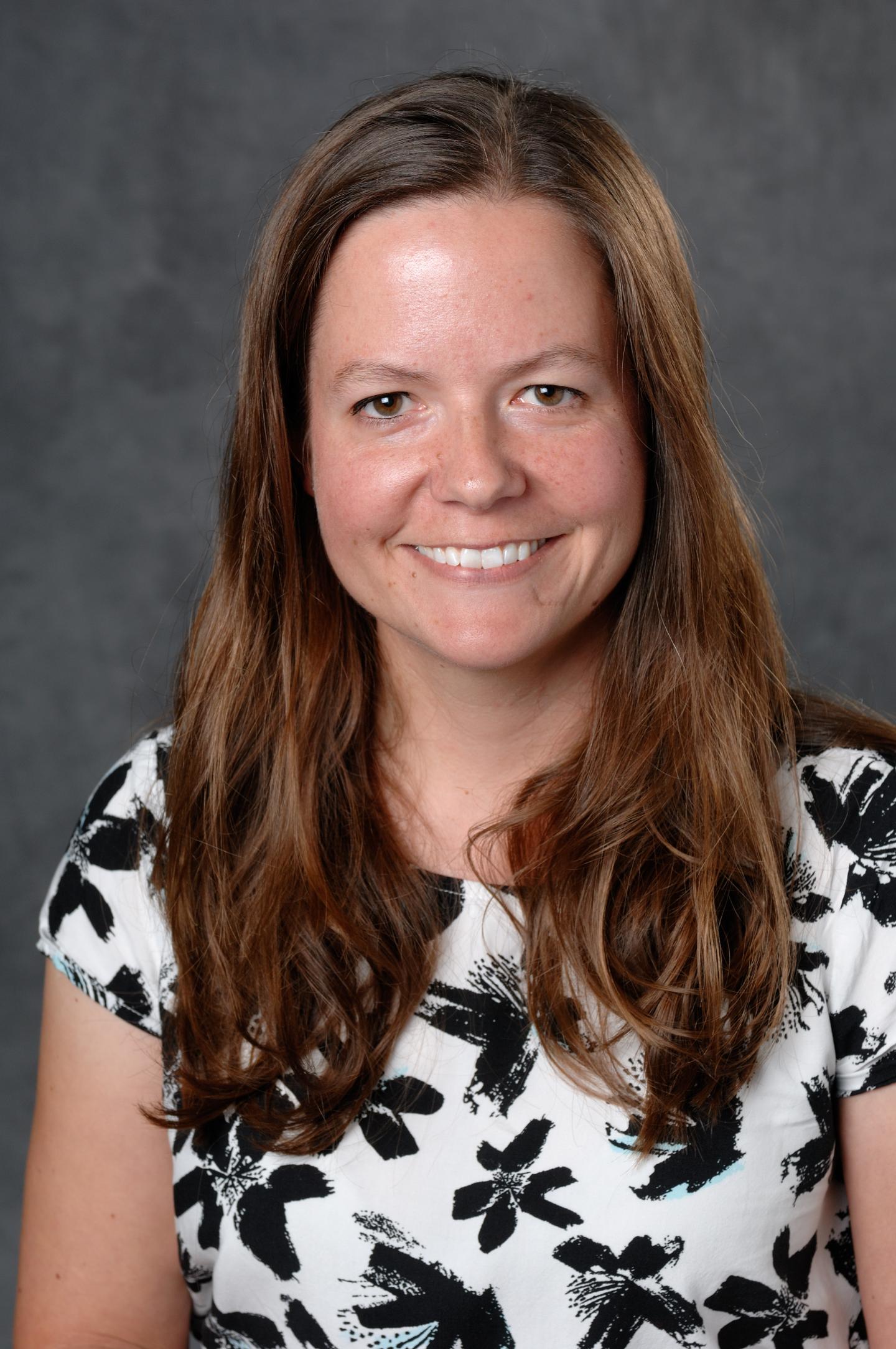
Credit: Courtesy of MSU
EAST LANSING, Mich. – Michigan State University has landed a $1.8 million National Institutes for Health R01 grant to improve brain implants – “electroceuticals” used to treat Alzheimer’s, Parkinson’s, depression and traumatic injuries.
The implants decipher complex chemical and electrical input and output that allow patients to bring parts of their brain and body back online. These medical advances have given patients more treatment options, however, there are still drawbacks to the devices that Erin Purcell, assistant professor of biomedical engineering, is working to overcome. The implants’ signaling capacity tends to fade over time, and the biological response to the implants is believed to be a key contributing factor.
“It’s comparable to a cocktail party – except the people represent neurons – and microphones are positioned around the room,” Purcell said. “After a while, scar tissue reacts and blocks the reception. It’s like the microphone gets moved away from the speaker, and the speakers – the neurons – get quieter and talk differently, too.”
Purcell’s team of scientists is working to understand how changes in the neurons’ ability to “speak” act as determinants of the implants’ success.
“MSU is unique in working to unmask new mechanisms of how neuronal activity and connectivity change in response to implanted electrodes,” Purcell said. “Our goal is to reveal new mechanisms of structural and functional plasticity surrounding devices. We also hope to identify key modulators of the reactive tissue response.”
To accomplish these goals, Purcell recruited an interdisciplinary team of experts. The team includes Lee Cox, chair of MSU’s physiology department; John Seymour, University of Michigan; Steven Suhr, Biomilab LLC; as well as an interdisciplinary team of graduate students and post-doctoral fellows. The team brings complementary expertise in imaging, electrode fabrication, molecular biology and electrophysiology to bear on this complex problem.
Purcell’s team in the Regenerative Electrode Interface Laboratory, located in MSU’s new Institute for Quantitative Health Science and Engineering, will home in on two specific mechanisms that may explain changes in neuronal function and loss of synaptic connections surrounding implants.
“Every patient’s reaction to the implants is different, and it’s unpredictable if the devices will last days, weeks or months,” Purcell said. “If we understand the signaling mechanisms that dictate the response, then we can systematically test new ways to make the implant ‘unseen’ in the body and avoid the tissue response.”
###
Michigan State University has been working to advance the common good in uncommon ways for 160 years. One of the top research universities in the world, MSU focuses its vast resources on creating solutions to some of the world’s most pressing challenges, while providing life-changing opportunities to a diverse and inclusive academic community through more than 200 programs of study in 17 degree-granting colleges.
For MSU news on the Web, go to MSUToday. Follow MSU News on Twitter at twitter.com/MSUnews.
Media Contact
Layne Cameron
[email protected]
Original Source
http://go.




